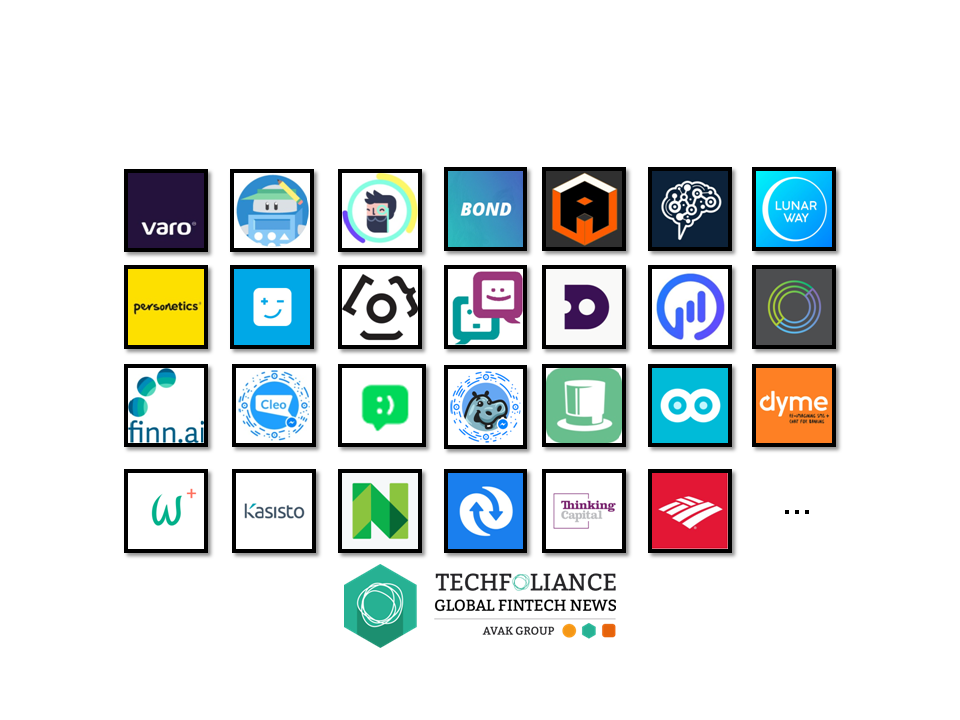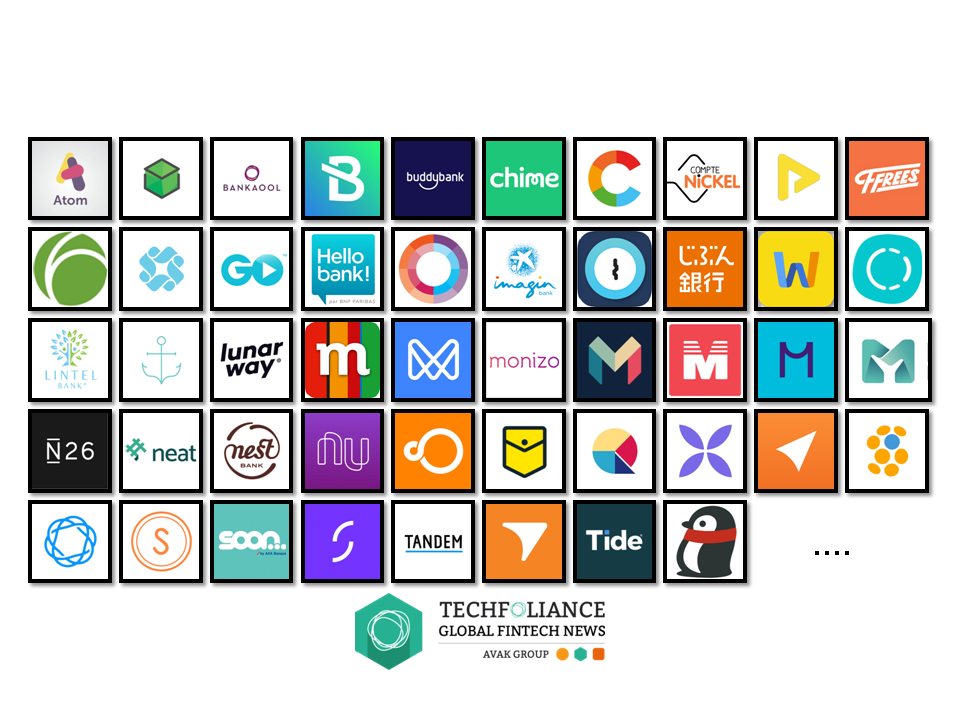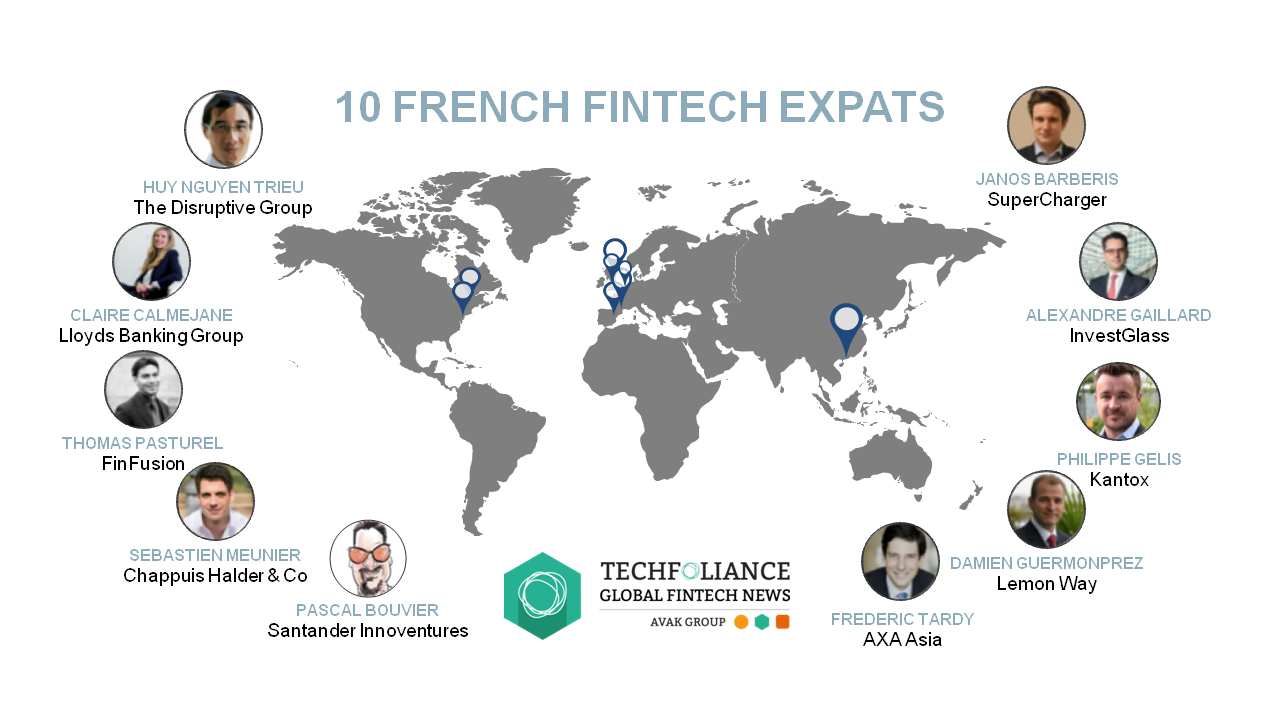
Few weeks ago, Robo Investing Europe 2018 was kicking off in London. Techfoliance, as a proud partner of this event, has had great time sharing thoughts on the new financial era with influencers and friends Efi Pylarinou, Susanne Chishti or Paolo Sironi, among others.
In case you could not attend, Techfoliance is happy to highlight key take-aways on a wide range of topics ranging from Deep Technologies like Robo Algorithms, Artificial Intelligence, and Digital Identity to top subjects like Private Investments, Automated Advice and Regulation. This year set to be a truly transformational one with implementation of new regulation PSD2, Open Banking or MIFID II.
The reforms are setting in motion new and exciting ways to use APIs, share data and create seamless and intelligent investor experiences. There are several long-awaited regulations and initiatives. These will offer limitless possibilities for collaboration and scaling amongst fintech startups and financial institutions such as asset managers, banks and insurers.
Technology and advisory jobs
The trend toward digital advice is sweeping across all sectors. In investment management activity, Robo-advisors, online platforms that use algorithms to recommend investment portfolios, are already widely in use, gaining acceptance and growing rapidly.
According to a study published by BI Intelligence:
“Close to 50% of high net worth individuals would consider using a Robo Advisor to manage their wealth.”
Some of the main advantages of these platforms are that they are easy to use, fast, accurate and consistent. Companies that offer them are able to lower labor and back office costs and create new distribution channels, even reach new markets, e.g. millennials that are used to this type of « self-service ».
Moreover, Robo-advisor takes human fallibility out of the equation and thus promise more objective portfolio selection and management. Thus, financial profesionals are worried that major disruption may be lying ahead that will likely revolutionize investing and kill jobs. I strongly believe that it worthwhile to look more closely at which processes can be automatized and which are better left to the humain being.
Drastic change in private investment
Financial service providers and banks are facing challenges such as cost transparency with the regulations of MIFIDII that came into force at the beginning of this year. Moreover, innovation pressure from Fintechs and expansion of ETF offerings are driving institutions to action.
Rise of ETF
The growth in ETF purchases by private investors also presents a challenge. These often appear to en customers as the better choice because of their features. Passive low-cost funds are less attractive to institutions, creating a real revenue chalenge.
Regulation
The MIFID II requirement to provide a complete cost report now exists for every financial service provider. The cost information must relate to both the distribution level (service) and the product level. This requirement increases the constraints of transactions and thus the risk of lower revenues.
Fintech are pushing
The digitalisation of society leads to the situation that large groups of customers are finding out more about investment on the Internet and investing money online is becoming much more relevant. This will benefit Fintechs with already impressive growth rates and Assets under management.
Alexa & Co
Alexa from Google came to Europe in 2016 with Google Home concept. The other offers followed. Many banks are taking the path of uniting these media with with the banking business. Financial institution should be vigilant and use the many possibilities for distribution. Yet, it is not sufficient to connect to Alexa – a fast backend system for the investment business is required. This is why some IT development has to come to develop a performant portfolio management system.
High performance portfolio management as foundation
With the use of digital asset management, banks and financial service providers have the opportunity to offer completely new services. Customer segments that could not previously be considered, such as retail banking, can be served. However, this requires highly efficient processes, automation and digitalization.
The solution should be a portfolio management system that can handle the large volume business because it offers extrem speed. As a result, automated low-cost asset management can be offered and the same time information of the individual customer about this investment.
Change is coming
Asset managers and Banks offer full asset management from sums of well under EUR 100 000. Before, it was only possible in many parts of the market at a multiple of this sum. In numerous countries, portfolio management models continue to replace traditional investment advisory models.
Collaboration will be the key in Robo-Advising
To conclude, the financial sector has seen a lot of change over the past few years, much of it driven by new technologies and a wave off new markets entrants. We are seeing consolidation and innovation in response. Thus, if you thought the merry-go-round was slowing down, then grab hold tightly because it is only going to accelerate.
What we know is that change brings with it opportunities in order to build a picture of where these opportunities lie, I need to examine the component parts – the reality for our clients, influences on the market and those who are successfully demonstrating how to win in a rapidly evolving environment throught collboration and partnerships.
I strongly recommand to follow the next edition of Robo-Investing Europe in 2019 to stay up-to-date about the fascinating and fast acceleration of Robo-Advising ecosystem.













